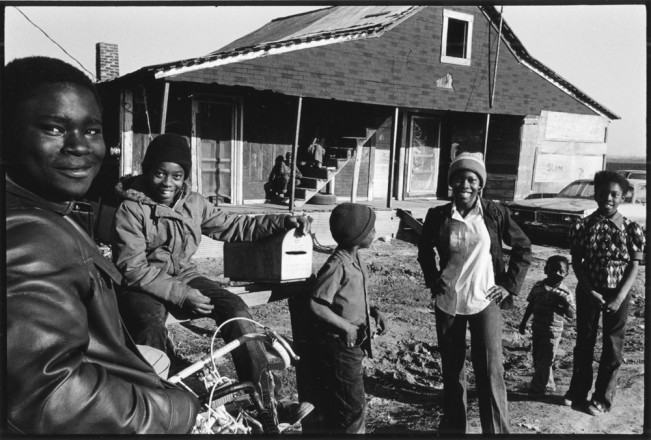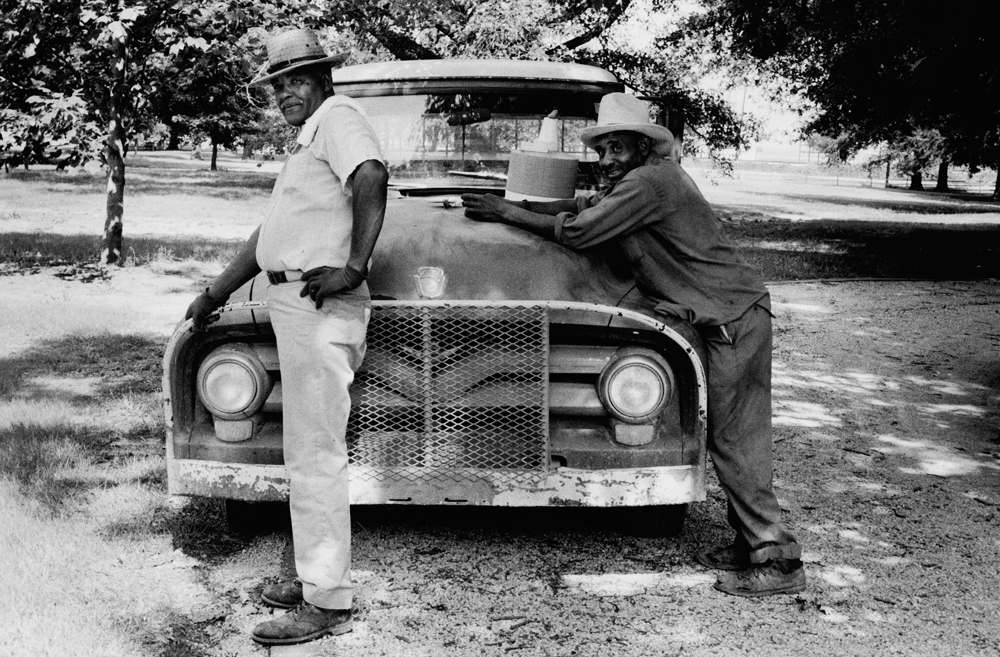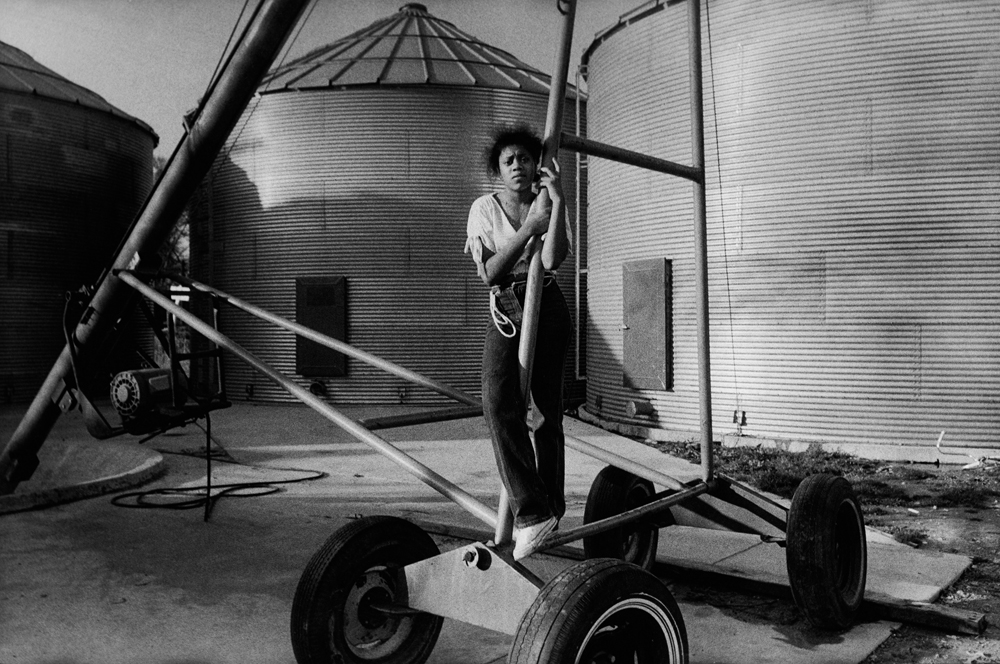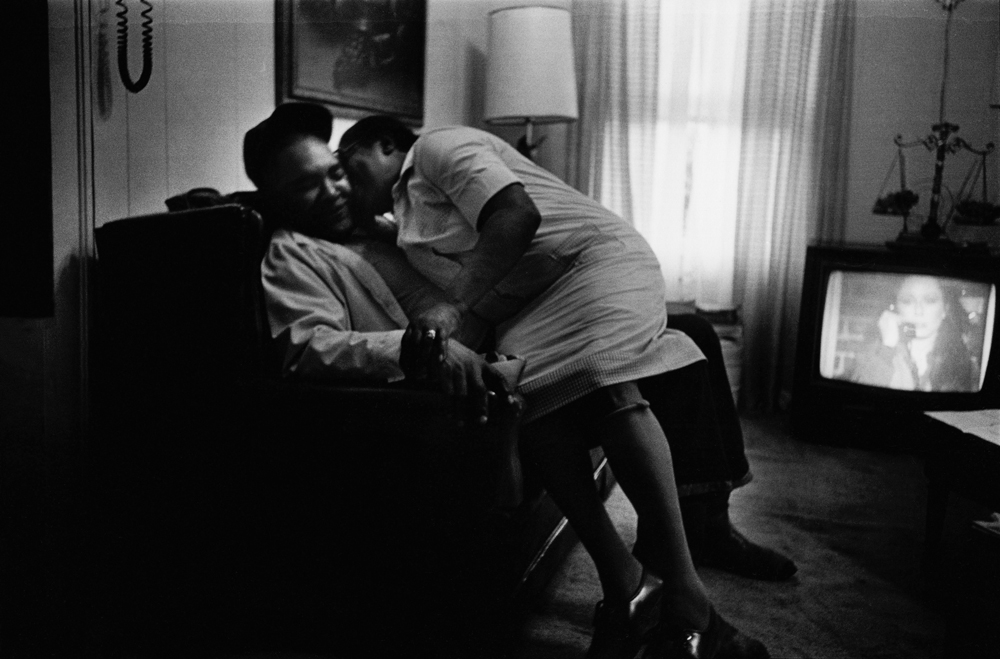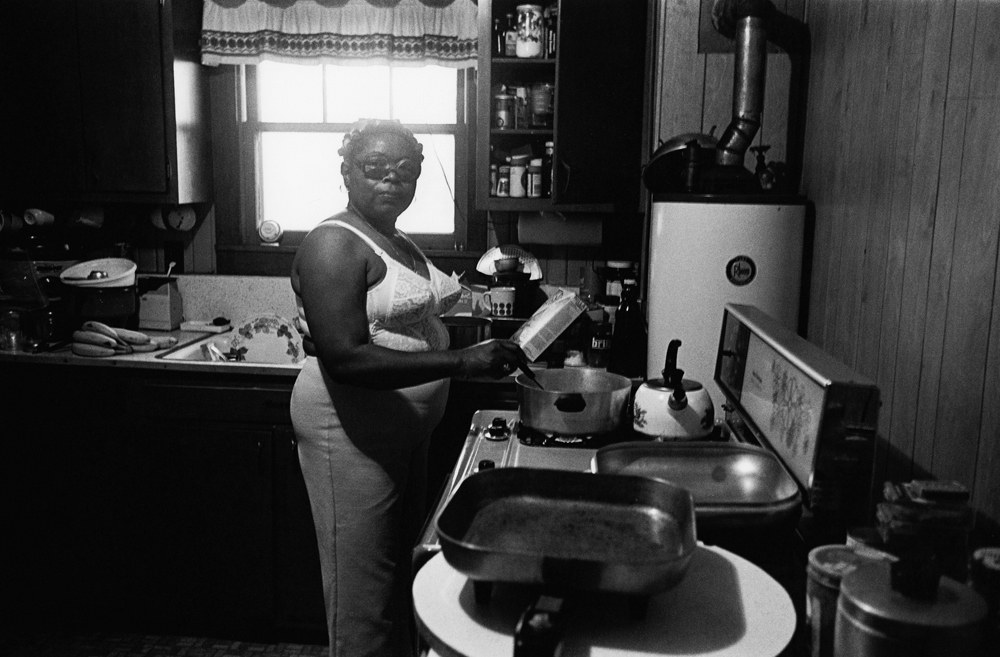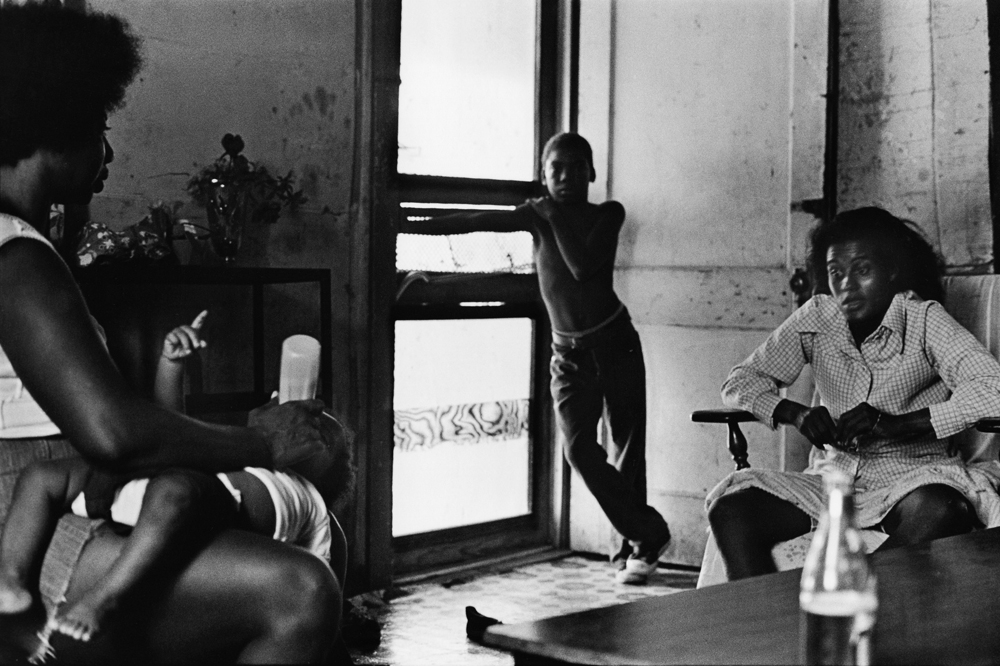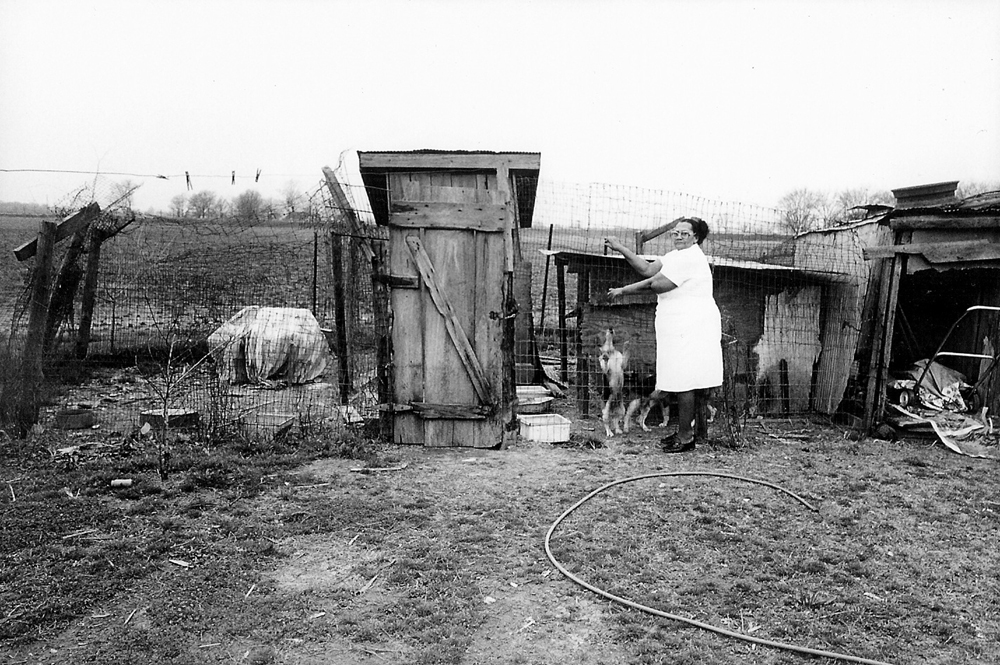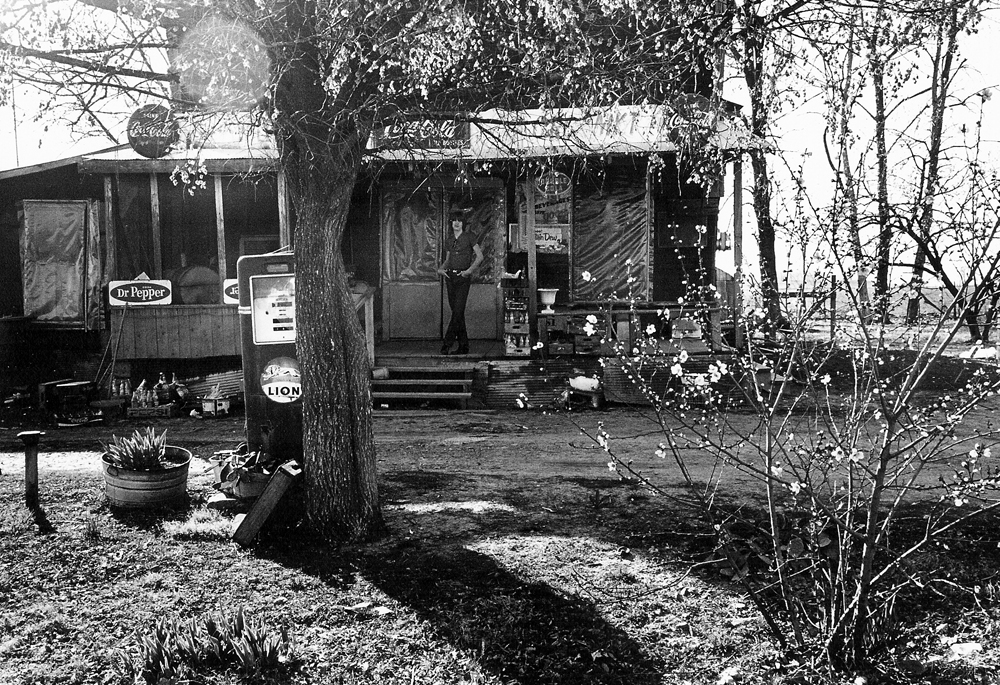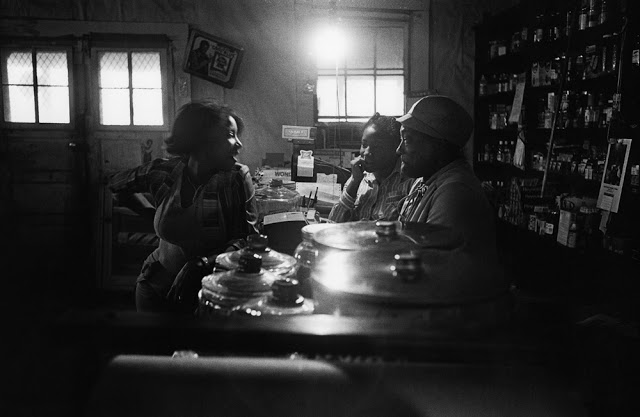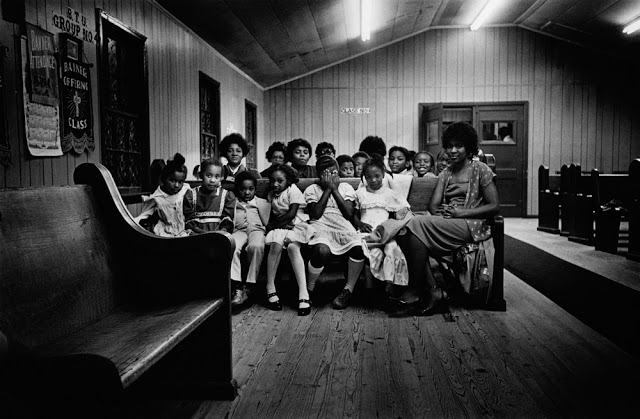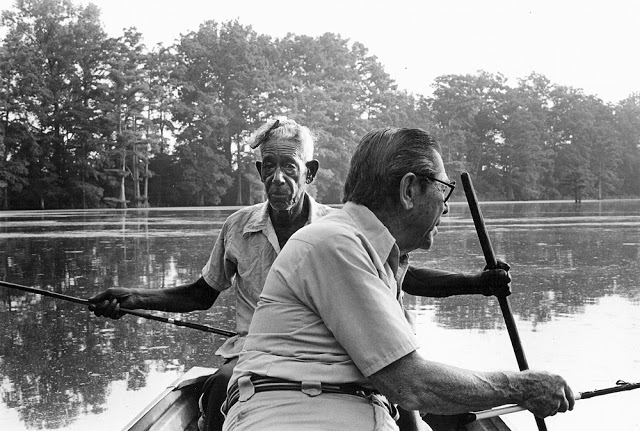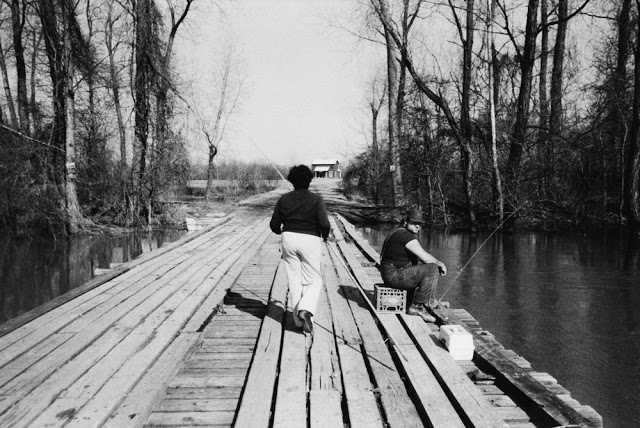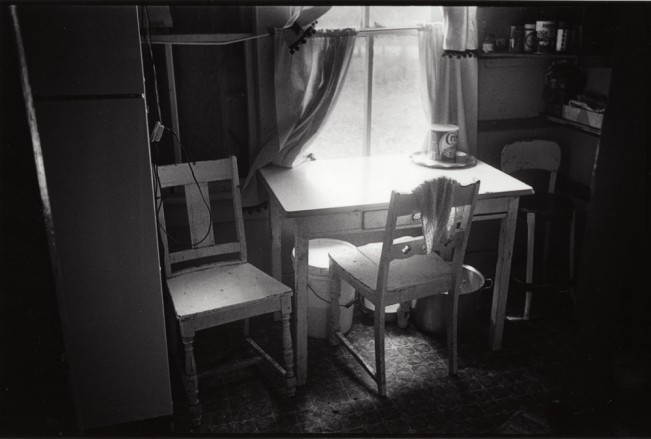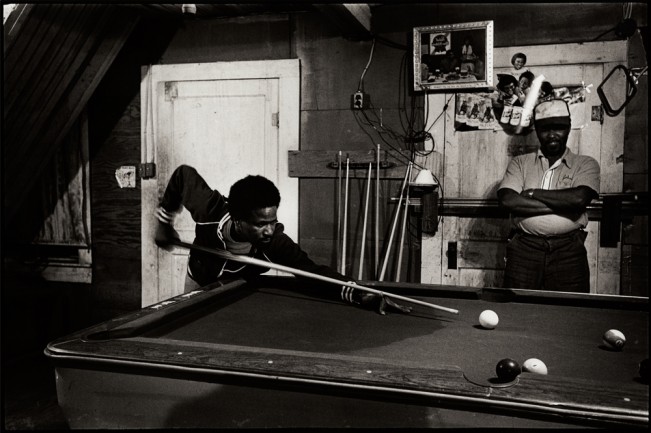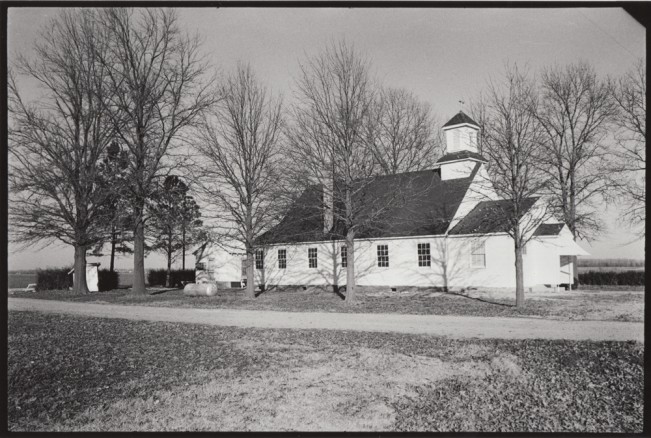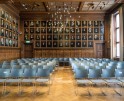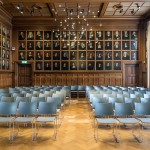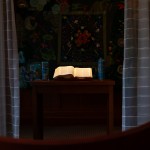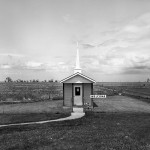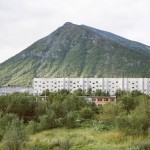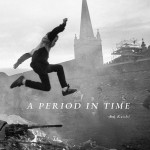Lisa McCord: Rotan Switch at the Memphis Cotton Museum
Opening September 28th, photographer Lisa McCord will have an exhibition of her project, Rotan Switch, at the Cotton Museum in Memphis, Tennessee. The event is part of the Cotton Museum’s “Making the Delta” program, supported by Arts Memphis, the Tennessee Arts Commission and the Downtown Memphis Commission. The exhibit will remain on view at the Cotton Museum (65 Union Avenue) through October 20, 2013. The opening reception is at 6pm on Saturday, September 28th and is free and open to the public.
It’s not often that a decades old body of work sees the light of day, but Lisa managed to capture a period of personal history that has deeper significance. Her compelling and personal photographs document life on her family cotton farm, one of the last tenant run cotton plantations to operate along the Mississippi River. In the earily 1980’s Lisa returned to Rotan to photograh the people that had given her a sense of place. She photographed her childhood haunts and was welcomed into the local homes, cafes and churches frequented by the consorts and mentors of her youth. “We shared fried chicken and black-eyed peas, cooked by Cully, my grandparents’ cook and my beloved nanny. We sang ‘Sweet Jesus Take Me Home’ at Cully’s church,” Lisa recalls. “These memories are printed on my heart as clearly as these images are printed on paper.” As both documentarian and insider, she captured intimate portraits that preserve the history of the tennant farmer with the grace of an artist and sensitivity of a family friend. At the same time, the duality of her perspective invokes a whisper of the complicated relationships between black families and the white children they tenderly embraced. “These photographs are my way of giving back to a community that raised and molded me,” says Lisa. Today, the farm at Rotan Switch no longer exhits, and this exhibit serves as an epitaph to its way of life.
Making the Delta is funded by an Arts Build Communities grant – a program funded by the Tennessee General Assembly and administered in cooperation with the Tennessee Arts Commission and ArtsMemphis.
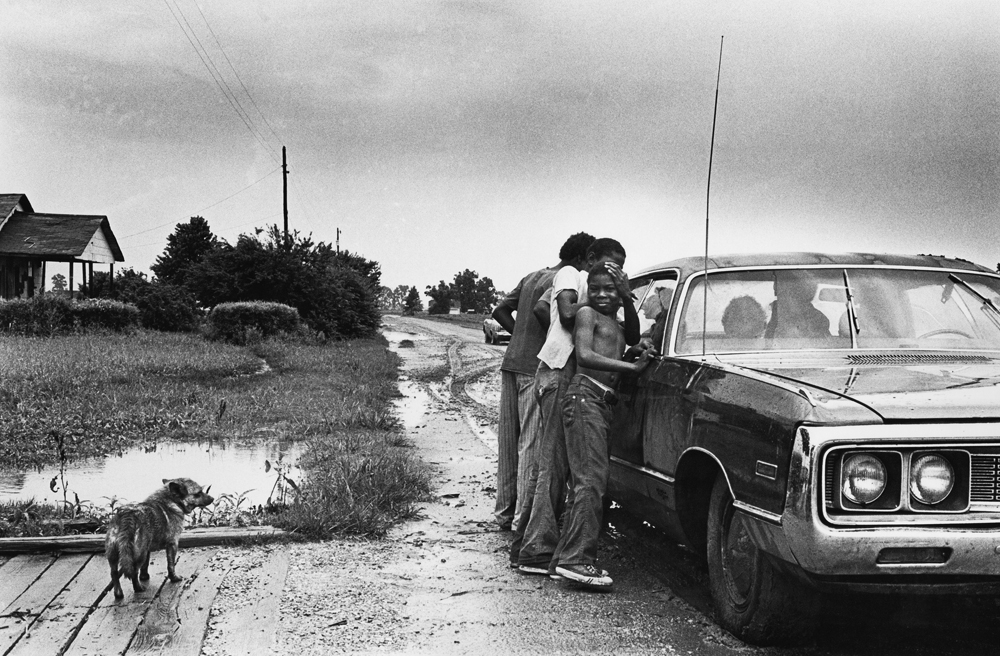
Some people are born storytellers and a lot of those storytellers are born in the South. As they narrate their lives, there is a cadence to their speech, to their images–a slowed down lyrical way of conveying information. Lisa is one of those storytellers, and I am letting her do the talking today (just throw in a Southern accent as you read).
I was a precocious child, born to a young mother and grandmother who were painters and creative spirits. My mother’s art determined the course of my life. If my mother wanted to paint in a new place, we simply moved. We moved 13 times before I was 18. I often accompanied her to the Arkansas Arts Center where she took figure-painting classes. During class, I shaped clay sculptures, based on the nude model on the other side of the divided painting studio. She taught me to use my imagination and find a sense of home in my self-expression. Like my mother, I too, lived in many places, following my photographic curiosities. It wasn’t until after graduate school, that I settled in one place, Los Angeles with my husband and son.
Since we moved so many times, my sense of place is based on my grandparent’s home, a cotton farm in Arkansas on the Mississippi Delta, where they lived for most of their lives. My grandparents and their home was the only permanent thing in my life. Much of my work draws from my relationship with permanence and transience.
While studying at an all-girls boarding school in Michigan that is connected to Cranbrook Academy of Art, I became interested in photography. I pursued an education in photography at schools in New York, Paris, and Greece, and California. I lived and photographed in London, Guatemala, Haiti, and throughout the United States. After finishing graduate school, I taught photography at several high schools and universities in the LA area. I am now working full time as a fine art photographer, allowing the camera to take me places both in the past and present, creating photographs that explore my memories and tell my stories. 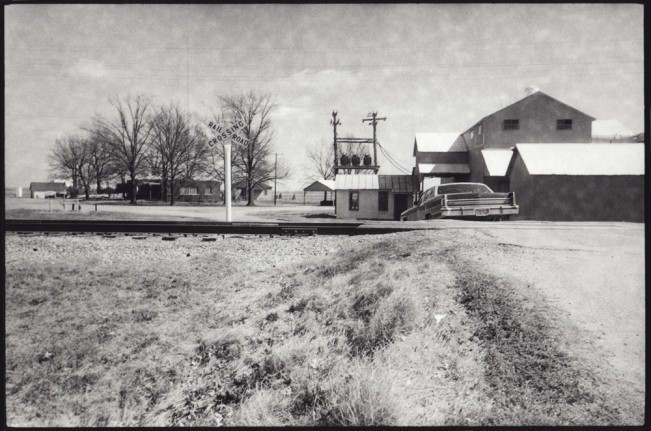
Growing up in the South is very different than growing up anywhere else. The unique social norms of the south colored our life with a richness that made us who we are. My immediately family, my mother, sister, brother, and I, moved thirteen times before I was eighteen. Although we lived all over the United States, the southern nuances remain dominant in our characters. There are many southern archetypes in my family. My mother, Sherwood, a painter, was the rebel of our family. Uncle Eldon, Dr. Eldon Fairley, the country doctor, was the caregiver of our town. My grandfather, Harold Ohlendorf, a tenant farmer and self-made businessman was the town benefactor. The encouragement of these three personalities, along with the influences of other family members, freed my siblings and me to dream big, be kind, remember our P’s and Q’s, and always say, “Hallelujah!” after God’s graces.
Posts on Lenscratch may not be reproduced without the permission of the Lenscratch staff and the photographer.
Recommended
-
Review Santa Fe: Leslee Broersma: Tracing AcademiaFebruary 11th, 2026
-
Review Santa Fe: Ilana Grollman: Just Know That I Love YouFebruary 10th, 2026
-
Review Santa Fe: Julia Cluett: Dead ReckoningFebruary 8th, 2026
-
Review Santa Fe: Elizabeth Z. Pineda: Sin Nombre en Esta Tierra SagradaFebruary 6th, 2026

